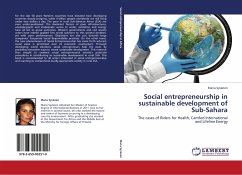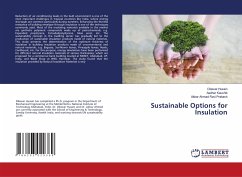For the last 50 years Western countries have dictated how developing countries should progress, while 4 billion people worldwide are still living under two dollars a day. The poor in rural Sub-Saharan Africa (SSA) are even under-positioned. The dominant factors of poor infrastructures, unemployment and inadequate access to water, sanitation and energy have all led to grave outcomes. Western governments and civil society actors have indeed applied first world solutions to this societal problem, yet with poor performances. Objections are also put towards large companies Corporate Social Responsibility practises. On the other hand, the new phenomenon of Social Entrepreneurship has come forth wherein social value is prioritized over its economic counterpart. Through developing world solutions, social entrepreneurs help the poor by providing innovative ways to create sustainable development. This research thus sought to examine social entrepreneurial activity s potential procedures incontributing to sustainable development in rural SSA. This book is recommended to all actors interested in social entrepreneurship and wanting to comprehend locally appropriate activity in rural SSA.
Bitte wählen Sie Ihr Anliegen aus.
Rechnungen
Retourenschein anfordern
Bestellstatus
Storno








